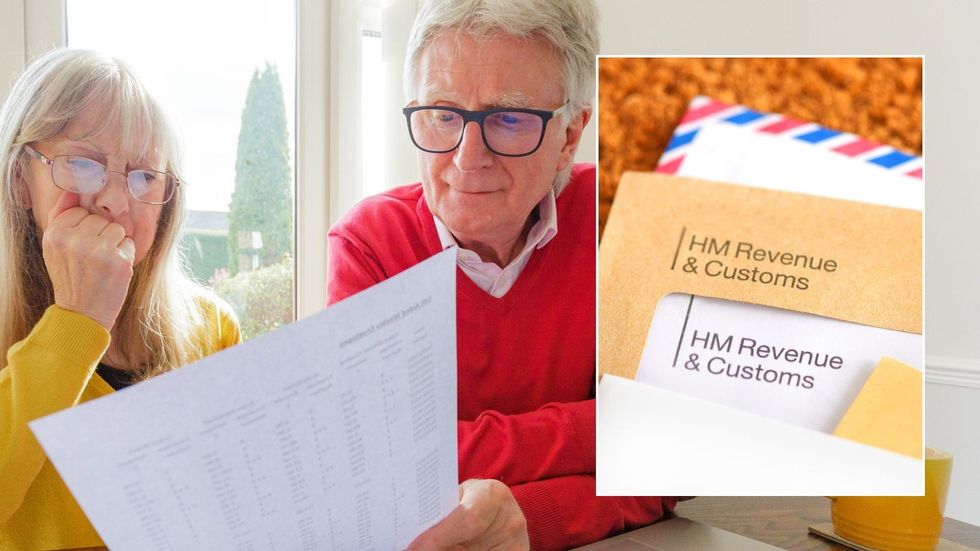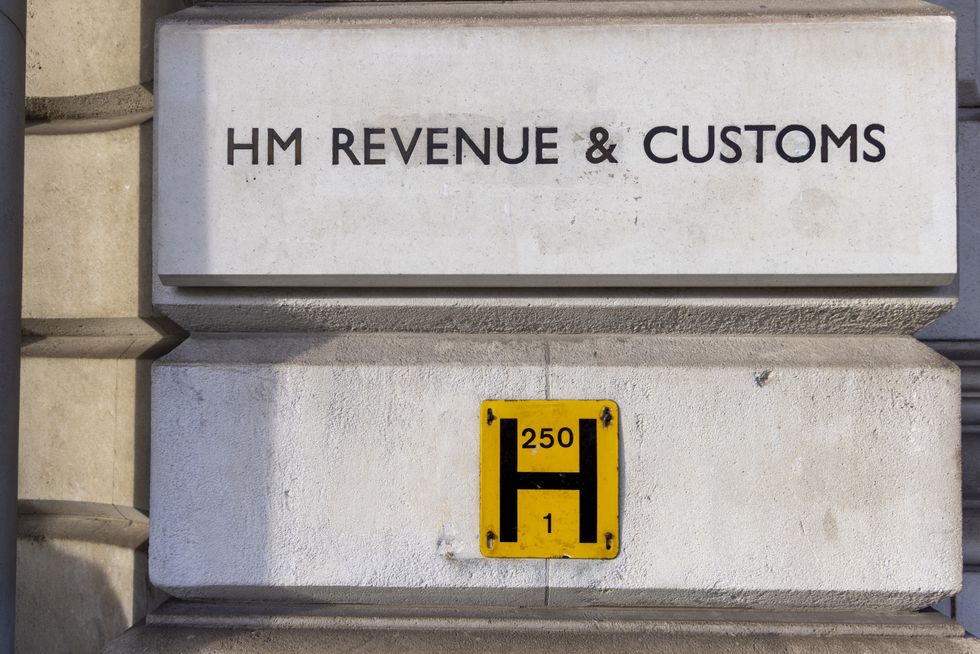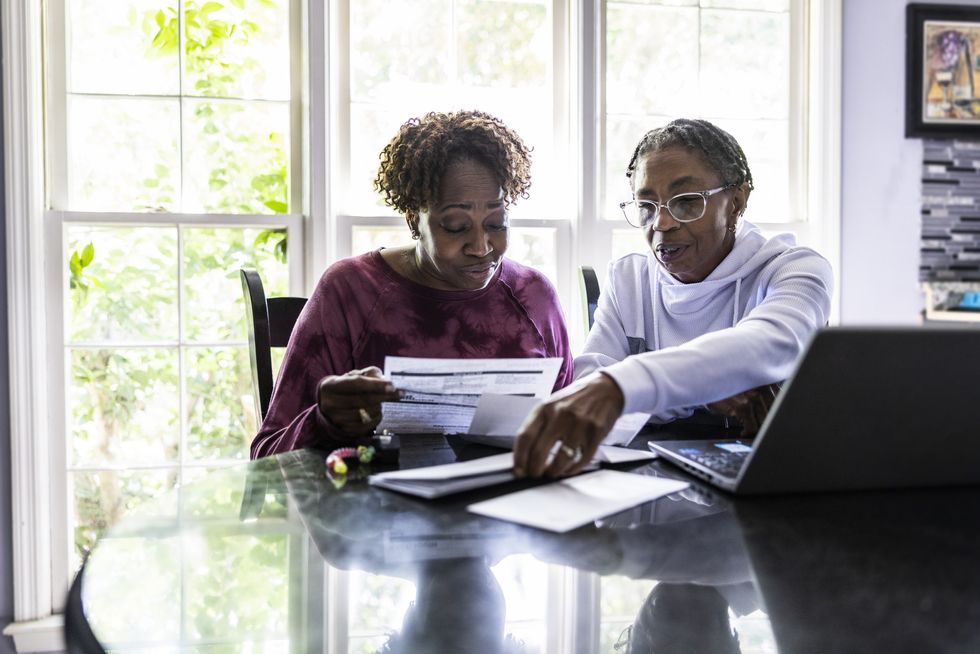State pension age rise ‘almost inevitable’: Ann Widdecombe issues warning as Denmark raises the bar
GB News
The number of pensioners paying higher rate tax has more than doubled since the freeze began
Don't Miss
Most Read
Millions of pensioners are heading into retirement only to find themselves unexpectedly facing higher tax bills.
With incomes rising and allowances frozen, a growing number are being swept into tax brackets once thought reserved for the wealthy.
More than one million pensioners across the UK are set to pay the higher rate of income tax this year as frozen tax thresholds push increasing numbers into the 40 per cent bracket.
The Personal Allowance has remained fixed at £12,570 since the freeze began and will stay at this level until April 2028, whilst pensioner incomes continue to rise.
Latest Department for Work and Pensions figures show 13 million people have reached State Pension age across Great Britain, with 8.51 million pensioners paying income tax in the last financial year.
The higher rate tax threshold stands at £50,271 to £125,140 for those in England and Wales, whilst Scottish pensioners face a 42 per cent rate on income between £43,663 and £75,000.
 State pensioners are at risk of paying more tax to HMRC GETTY
State pensioners are at risk of paying more tax to HMRC GETTY Charlene Young, senior pensions and savings expert at AJ Bell, warned that "the nation has fallen victim to the effects of fiscal drag in recent years."
She explained that "frozen allowances and tax thresholds have pulled more people into the tax system for the first time and hiked the rates of tax people pay as their income rises and they breach a new tax band."
The pensions expert highlighted that "pensioners are not shielded from it either - over one million people above state pension age will breach the higher rate 40 per cent threshold this tax year, more than double the number there were when the big freeze began."
This represents a significant increase in the number of older people facing higher tax bills on their retirement income. The current state pension age is 66, set to rise to 67 between 2027 and 2028.
With the Personal Allowance frozen at £12,570, pensioners with additional income from private pensions, workplace schemes or other sources increasingly find themselves liable for income tax.
The full new state pension increased by 4.1 per cent in April, whilst Government forecasts predict 2.5 per cent rises over the next four financial years.
Under these projections, the full new state pension would reach £12,578.80 by the 2027/28 financial year - exceeding the Personal Allowance by £78.80.
Whilst this excess amount appears modest, pensioners with multiple income streams could face substantial tax bills, particularly if tax isn't automatically deducted through PAYE from their private or workplace pensions.

The full 'new' state pension is close to breaching the tax-free Personal Allowance
GettyThe Triple Lock policy ensures state pensions increase annually by whichever is highest: average earnings growth from May to July, CPI inflation to September, or 2.5 per cent.
Labour has pledged to maintain this guarantee throughout the current parliamentary term and has paused further increases to the state pension age beyond those starting in 2026.
Young noted that "the UK Government is in a straitjacket thanks to its own fiscal rules, and these figures will bolster the arguments of those calling for state pension reform."
She highlighted that "the full 'new' state pension is close to breaching the tax-free Personal Allowance, and many pensioners already receive well above this thanks to the way benefits could be built up under the old system."

Pensioners can find tools to calculate potential tax liabilities and understand payment methods on Gov.Uk
GETTYThe pensions expert questioned whether the Government can "really continue to ignore calls for further reform" given that pensioner spending is forecast to exceed 50 per cent of the welfare bill by the decade's end.
She pointed out that raising the state pension age from 66 to 67 is projected to save £10 billion in borrowing.
The fiscal pressures facing the Government are compounded by the growing number of pensioners entering the tax system for the first time.
Government guidance on GOV.UK provides tools for pensioners to calculate potential tax liabilities and understand payment methods.




































